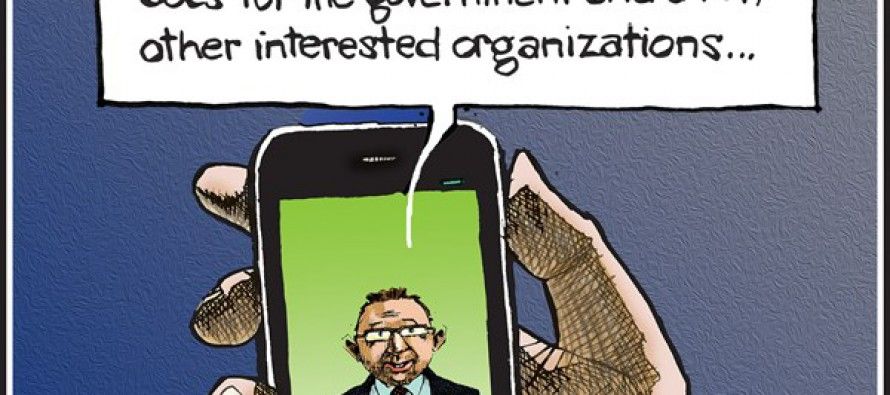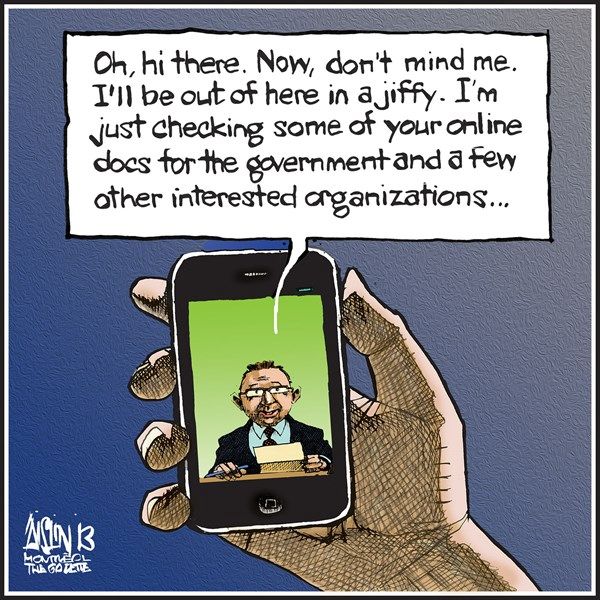No more warrantless cop cell phone snooping

 Recently in Southern California, some cops stopped some friends of mine in a parking lot for no reason. There was no arrest. But the cops did search their cell phone call logs. hen let them go.
Recently in Southern California, some cops stopped some friends of mine in a parking lot for no reason. There was no arrest. But the cops did search their cell phone call logs. hen let them go.
Now the U.S. Supreme Court has ruled that’s unconstitutional. According to the story, “Justices even said police cannot check a cellphone’s call log, saying even those contain more information that just phone numbers, and so perusing them is a violation of privacy that can only be justified with a warrant.”
Chief Justice John Roberts wrote for the unanimous court:
“The fact that technology now allows an individual to carry such information in his hand does not make the information any less worthy of the protection for which the Founders fought. Our answer to the question of what police must do before searching a cell phone seized incident to an arrest is accordingly simple — get a warrant.”
Right. The Fourth Amendment is clear:
“The right of the people to be secure in their persons, houses, papers, and effects, against unreasonable searches and seizures, shall not be violated, and no warrants shall issue, but upon probable cause, supported by oath or affirmation, and particularly describing the place to be searched, and the persons or things to be seized.”
Since 9/11, and even before, the Supreme Court has been too lax in protecting the Bill of Rights. Maybe things now are turning in a new direction, and away from the slippery slope toward a Stasi police state.
Related Articles
Insurance agent: Covered CA CEO ‘should immediately resign’
Merry Christmas, everyone! The California media’s coverage continue to be on the benign side when it comes to our version
Why “June gloom” is now less common in Socal
Foggy conditions from late spring to late summer used to be so common in coastal Southern California that they had
State finances: LAO’s own report on CalSTRS demolishes LAO’s happy talk
I’m still struggling to make sense of Legislative Analyst Mac Taylor’s bizarrely upbeat report last month on state finances that




